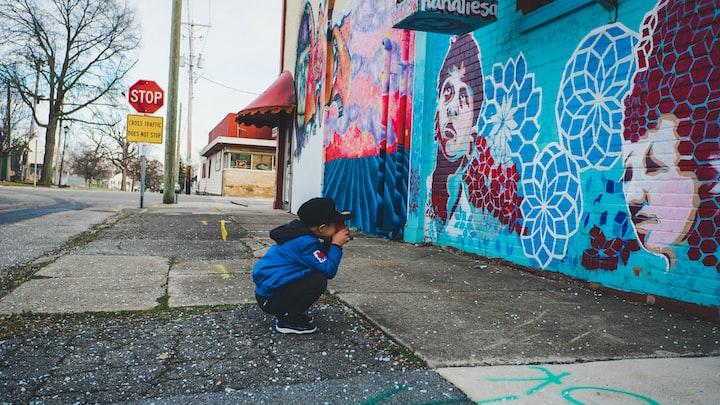Childhood trauma can have a profound and lasting impact on an individual. It can lead to physical, emotional, and mental health problems later in life. The good news is that there are effective treatments available to help people heal from their trauma.
One of the most important things to remember is that everyone heals differently. There is no one “right” way to go about it. Some people find self-help or therapy helpful, while others find support groups a better fit. What’s most important is finding what works for you and sticking with it.
If you’re not sure where to start, there are plenty of resources available online and in libraries (including books specifically about childhood trauma). Therapists who specialize in treating trauma can also be a great resource. If you feel like you’re struggling to cope, don’t hesitate to reach out for help – the sooner you get started on your healing journey, the better!
Recognize the trauma. The adult must acknowledge this certain childhood experience as trauma
When you were a child, certain experiences may have felt traumatic to you. If you’re an adult now, you may still feel the effects of that trauma. But recognizing the trauma is an important first step in healing.
Some experiences that can lead to childhood trauma are:
Physical abuse Sexual abuse Emotional abuse or neglect Witnessing domestic violence or other violent crimes Natural disasters or major accidents Having a serious illness or losing a loved one prematurely.
Childhood trauma can have lasting effects on your health and well-being as an adult. But there are things you can do to ease the pain and start to heal.
First, it’s important to understand that your reaction to a traumatic event is normal. You may feel scared, confused, helpless, and alone. These are all common reactions to trauma.
It’s also common for people who have experienced childhood trauma to numb their feelings with alcohol or drugs, overeat, withdraw from friends and family, or lash out in anger.
If you find yourself engaging in any of these behaviors, know that it’s okay and that you’re not alone-many people who’ve experienced childhood trauma react in these ways.
Remember that healing is possible-and there are people who care about you and want to help.
Be patient with yourself. Self-criticism and guilt can be very common when it comes to adults who have lived through a traumatic childhood
It can be difficult to release childhood trauma, but it is possible with patience and self-compassion. It is common for adults who have lived through a traumatic childhood to feel self-critical and guilty. However, these feelings can be overcome with time and effort.
One of the most important things to do when releasing childhood trauma is to be patient with yourself. It takes time to heal old wounds and learn to trust again. Give yourself permission to move at your own pace.
In addition, be gentle with yourself. Acknowledge your progress, no matter how small it may seem at first. each step forward is a victory. Remember that you are not alone in this journey – there are others who have walked this path before you and come out the other side stronger for it.. Finally, please don’t hesitate to reach out for help when you need it. There are many resources available to help you heal from your past trauma.
Reach out for help
There is no shame in admitting that you need help to heal your childhood trauma. You can start by reaching out to a therapist or counselor who specializes in treating trauma. If you don’t feel comfortable talking about your experiences with a professional, there are also many support groups available for survivors of child abuse and neglect. These groups provide a safe and supportive environment where you can share your story and connect with others who understand what you’re going through.
Working through your childhood trauma can be a long and difficult process, but it is possible to heal and move on with your life. With the help of a therapist, support group, or both, you can begin to work through the pain and start to build a brighter future for yourself.
